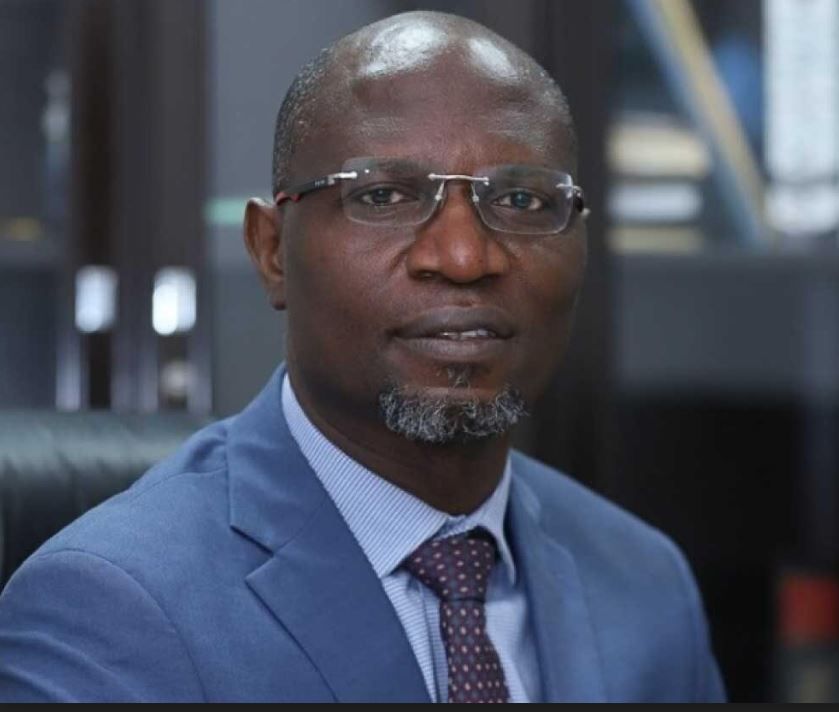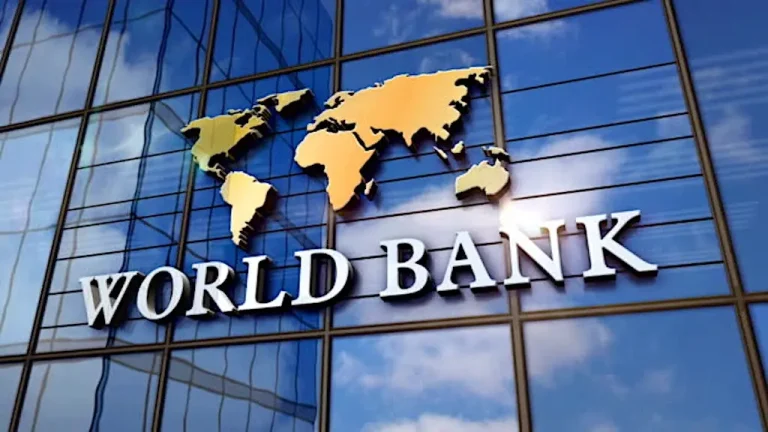
The Director General of the Securities and Exchange Commission (SEC), Emomotimi Agama, has announced that Nigeria will be adopting the global sustainability disclosure standards set by the International Organization of Securities Commissions (IOSCO) but with a measured, tailored approach to fit the country’s unique market realities.
Speaking over the weekend at an investors’ roundtable focused on the work of the International Sustainability Standards Board (ISSB), Agama said the Commission was exploring a phased rollout of the new sustainability reporting framework. He emphasized that while Nigeria actively contributed to the task force that helped shape these standards, the implementation would reflect local capacity, regulatory readiness, and economic context.
“We are not simply going to copy and paste these global standards,” Agama said. “Our approach will be deliberate, inclusive, and adapted to our own needs, while still aligning with international best practices.”
Agama outlined a four-part roadmap for Nigeria’s adoption of the ISSB standards:
- Capacity Building: Intensive engagement with key players such as issuers, auditors, and financial statement preparers to build awareness and technical knowledge.
- Gradual Implementation: Starting with large, publicly listed companies before expanding to broader market segments.
- Assurance Mechanism: Designing a credible verification process to ensure data reliability and market trust.
- Local Adaptation: Ensuring the international standards are applied in a way that respects Nigeria’s economic structure and regulatory environment.
According to Agama, the sustainability standards offer more than just a compliance mechanism, they represent a strategic tool to enhance Nigeria’s investment climate and solidify its place in the global financial ecosystem.
“By aligning with these standards, we send a strong message to the world: that we are committed to transparency, accountability, and long-term risk management,” he said.
He also highlighted Nigeria’s dual challenge: as a country rich in natural resources but also highly vulnerable to climate change, it stands to gain significantly from a transparent and forward-looking financial system.
Agama reaffirmed the SEC’s commitment to collaborating with both local stakeholders and the IOSCO international network to ensure effective rollout and compliance. He described the adoption of the ISSB framework not as a trend to follow, but a critical move toward a more resilient and inclusive capital market.
“This is no longer about if, but how and when. The global economy is evolving, and sustainability is now central to financial decision-making. The ISSB has given us the language; it’s our duty to speak it fluently,” he added.
Agama concluded that adopting the ISSB standards would not only bring Nigeria in line with global financial reporting norms but would also help manage systemic risks, boost investor confidence, and reduce reporting complexity in the long term.


